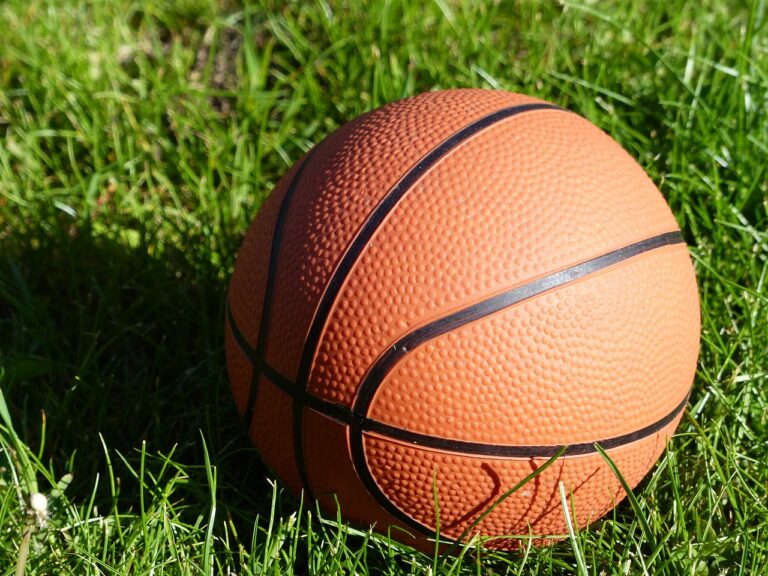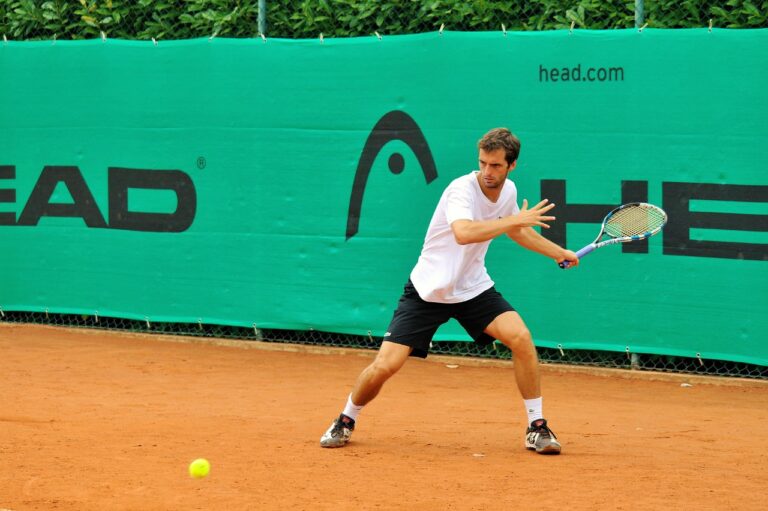Balancing Personal and Professional Lives: Athlete Management in the IPL
Laser247, Betstarexch: Meeting athlete performance expectations is a key focus for both individual competitors and teams alike. Coaches, sponsors, fans, and the athletes themselves often have high standards for what constitutes success in a particular sport. This pressure to perform at a consistently high level can lead to both motivation and stress for athletes.
Athletes may face a variety of challenges in meeting these performance expectations. These challenges can include physical limitations, mental barriers, external distractions, and intense competition. Finding the right balance between pushing oneself to excel and maintaining a healthy approach to training and competition is crucial for athletes striving to meet the demands of their sport.
Work-Life Balance Challenges
When it comes to juggling the demands of personal life and a career in sports, athletes often face immense challenges in maintaining a healthy work-life balance. The rigorous training schedules, travel commitments, and competition pressures can consume a significant amount of an athlete’s time and energy, leaving little room for personal relationships and relaxation. This constant balancing act between athletic responsibilities and personal life can take a toll on an athlete’s overall well-being.
Furthermore, the unpredictable nature of sports can add another layer of complexity to an athlete’s work-life balance. Injuries, unexpected game schedule changes, and performance fluctuations can disrupt an athlete’s planned routine, making it even more challenging to find time for family, friends, and self-care. This lack of predictability and control over their schedules can lead to stress, anxiety, and feelings of being overwhelmed for athletes striving to excel in their sport while also nurturing relationships and other aspects of their personal lives.
What are some common challenges athletes face in achieving work-life balance?
Athletes often struggle with the pressure to perform at their best while also juggling other aspects of their lives, such as family responsibilities and personal relationships.
How do performance expectations impact an athlete’s work-life balance?
High performance expectations can lead to athletes feeling overwhelmed and stressed, making it difficult for them to find time for other important aspects of their lives outside of their sport.
What strategies can athletes use to improve their work-life balance?
Athletes can prioritize self-care, set boundaries, communicate effectively with coaches and teammates, and seek support from mental health professionals to help manage their work-life balance more effectively.







